Qurbani, also known as Udhiyah, is a significant religious practice observed by Muslims worldwide.
It refers to the act of sacrificing an animal during the Islamic month of Dhul Hijjah, specifically on the occasion of Eid al-Adha, which commemorates the willingness of Prophet Ibrahim (Abraham) to sacrifice his son as an act of obedience to God.
Financially capable Muslims are encouraged to perform Qurbani as a symbol of devotion, gratitude, and charity.
The sacrifice is typically carried out by slaughtering livestock such as sheep, goat, cow, or camel.
The meat from the Qurbani animal is then distributed among family, friends, and the less fortunate, ensuring that everyone can partake in the joyous celebration and experience the spirit of generosity and unity that defines this important Islamic tradition.
The word Qurbani itself translates as ‘nearness,’ and through it Muslims are able to draw closer to their Lord.
The Prophet (saw) said, ‘The first thing we will do on this day of ours, is to offer the (Eid) prayer and then return to make the sacrifice. Whoever does so, he acted according to our Sunnah…’ (Bukhari)
So, is it only a Sunnah and not a fard?
The Hanafi school states that any adult, sane Muslim who possesses the minimum amount (the Nisab) must sacrifice and donate Qurbani. In short, if you are eligible to pay Zakat because you possessed more than the Nisab, you need to offer a sacrifice (Qurbani or Udhiya).
The Maliki and Hanbali schools state that the person responsible for the household can make the sacrifice or Udhiya or Qurbani on behalf of the members in their immediate household.
However, if you live in a household where more than one person possesses more than the Nisab amount and pays their own Zakat, then the best and safest option is for all those who pay Zakat to offer their own sacrifice or Udhiya or Qurbani.
You can make your donation as early as you would like to. Do not delay your donation – it is better to be earlier than it is to be late! Nevertheless, you can make payments right up until the end of the second day after Eid (before Maghrib).
The slaughter will take place on one of the three days of Eid. If you pay for your Qurbani on the second or third day of Eid, the Udhiya will still be carried out on one of the days of Eid.

In addition, all animals must be healthy and free of disease, including the following conditions:
The animals are treated gently and with care. Read our blog here to learn more about how animals are treated in the process.
The meat is distributed freshly cut to families. The weight distributed per family depends on the size of the family.

If you cannot afford it (you don’t have more then the Nisab amount), then you are excused from making the sacrifice.
If you have missed Qurbani in a previous year, you can make it up this year by sacrificing an extra animal. Simply calculate how many years you’ve missed and you will know how many animals you need to sacrifice.

It is highly recommended not to cut your hair or nails until the sacrifice of your Qurbani animal.
The Prophet (saw) said, ‘When the ten days (of Dhul Hijjah) start, and one of you intends to sacrifice, then let him not cut his hair or his nails.’ (Muslim)
When performing the Qurbani, the names of the people should be mentioned after mentioning Allah’s name and glorifying him.

To ensure that all those in need in a particular region are looked after on Eid, we distribute the Udhiya in accordance with the needs of each region throughout the continent.
“The Prophet ﷺ sacrificed for the one who could not sacrifice from his Ummah, one who bore witness to the Oneness of Allah and [his] Prophethood.” [Tabarani and Ahmad]
After fulfilling his personal obligation, the Prophet ﷺ sacrificed an additional Udhiya/Qurbani in the name of the Muslims who could not afford to do so.
Revive this forgotten Sunnah and provide more families and their children with a piece of joy on Eid ul Adha and facilitate a day of celebration for them.
At HCI, we’re bursting with excitement to share our Qurbani projects for 2023. The impact of your generous donations last year reverberated across poverty-stricken pockets of the world. Last year, you helped deliver meat to 91,698 people across three continents.
Together, let’s continue making waves of positive change this year too.
We wholeheartedly encourage you to contribute with a spirit of abundance so that the incredible influence of Qurbani can radiate throughout the globe this Eid ul-Adha, Inshallah.
Let’s make it a celebration of compassion and empowerment like never before!
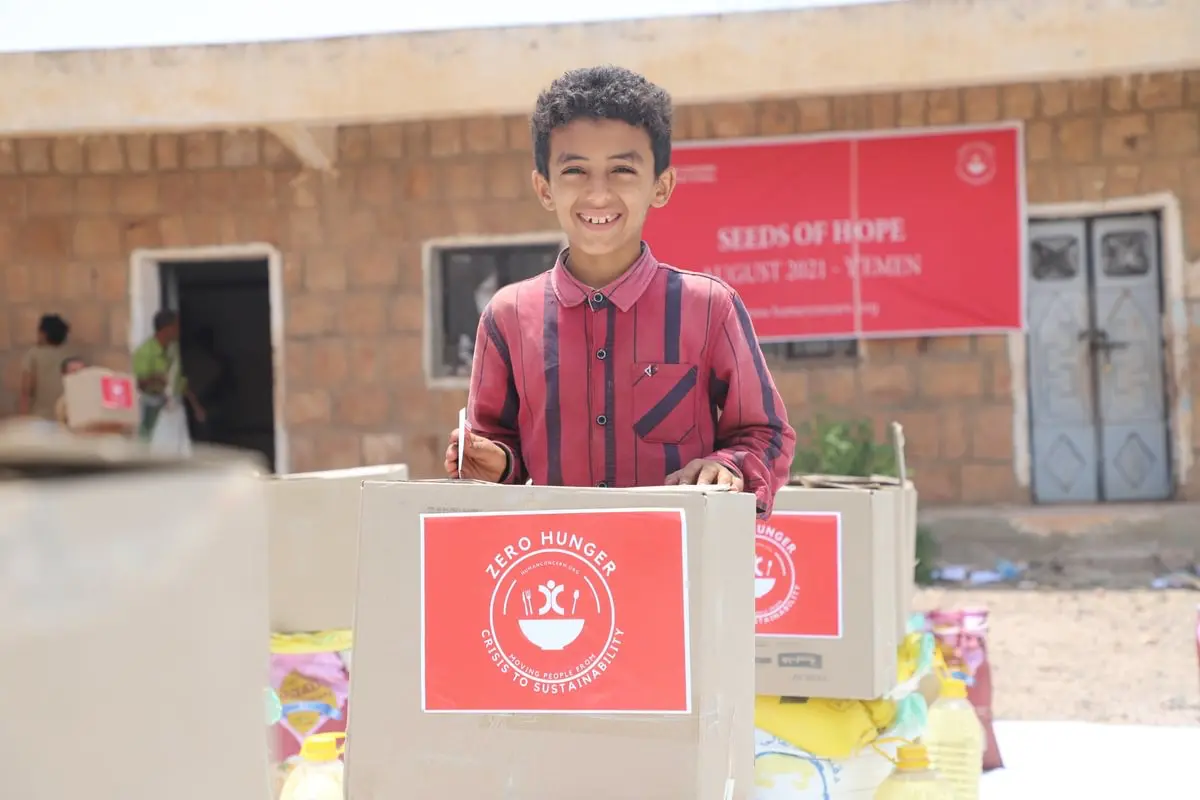
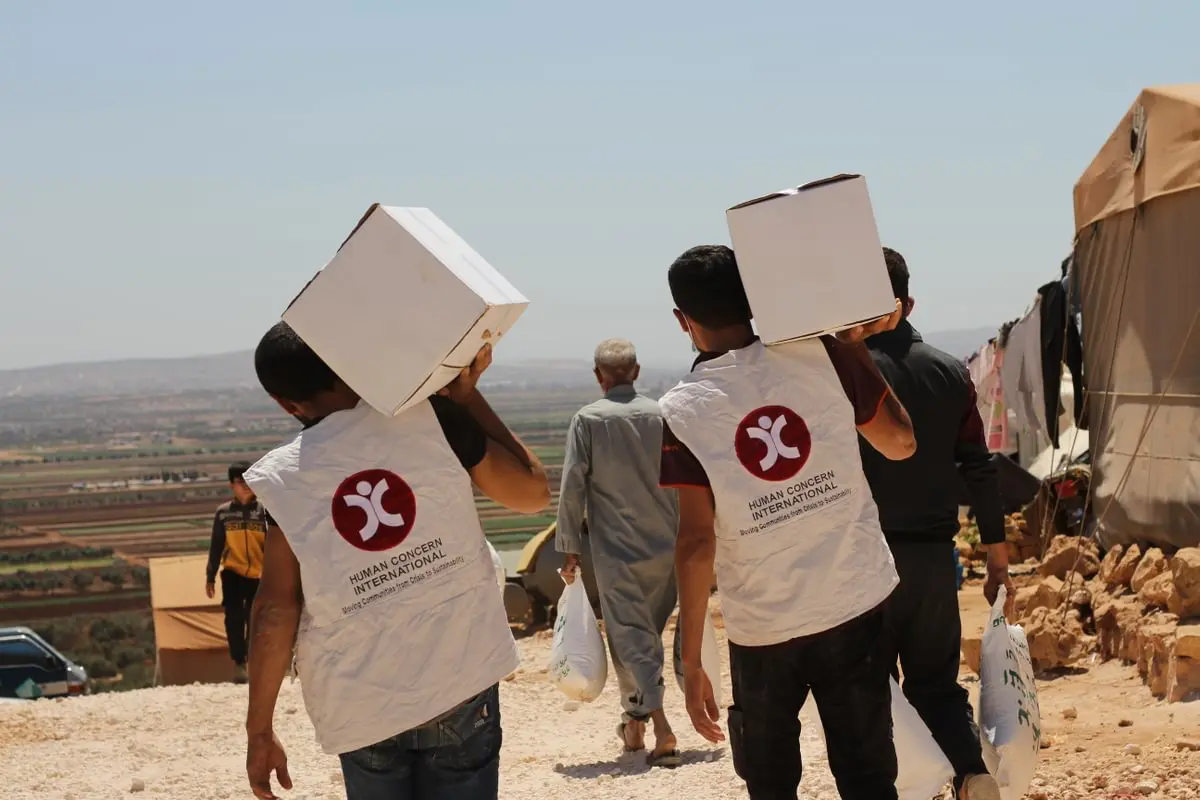
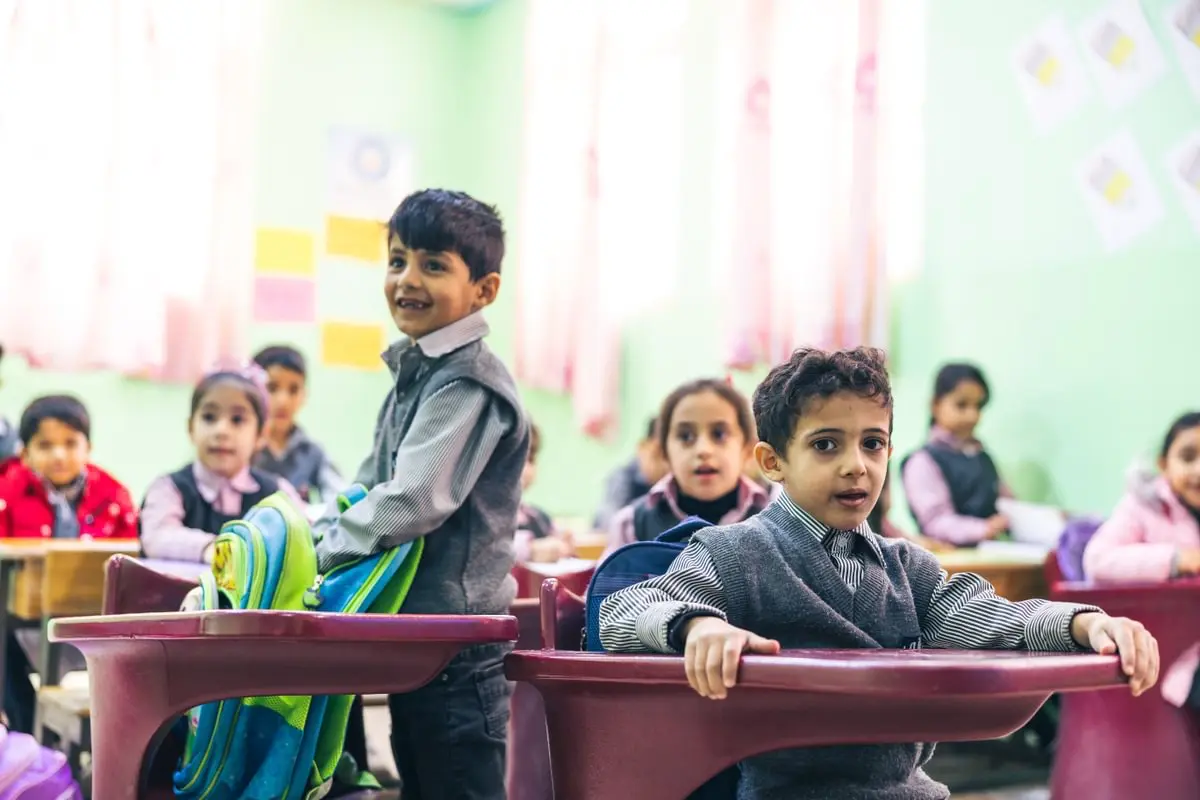
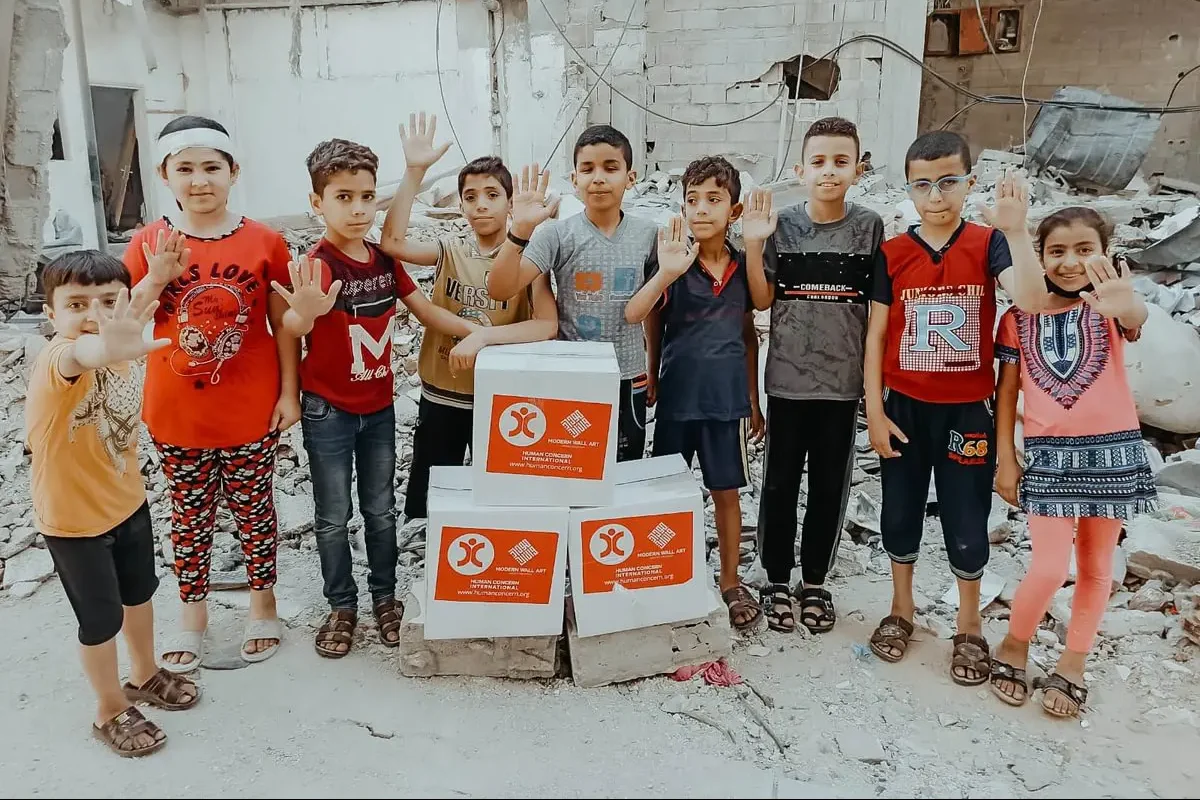
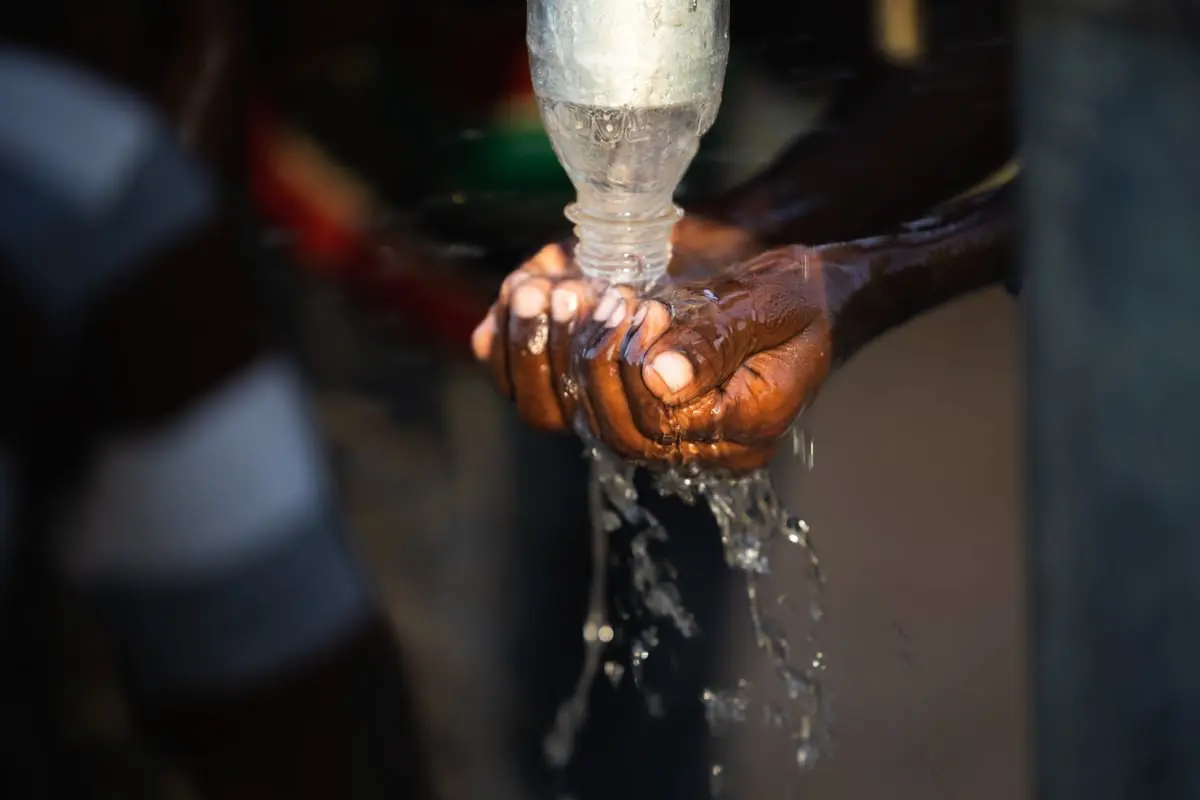
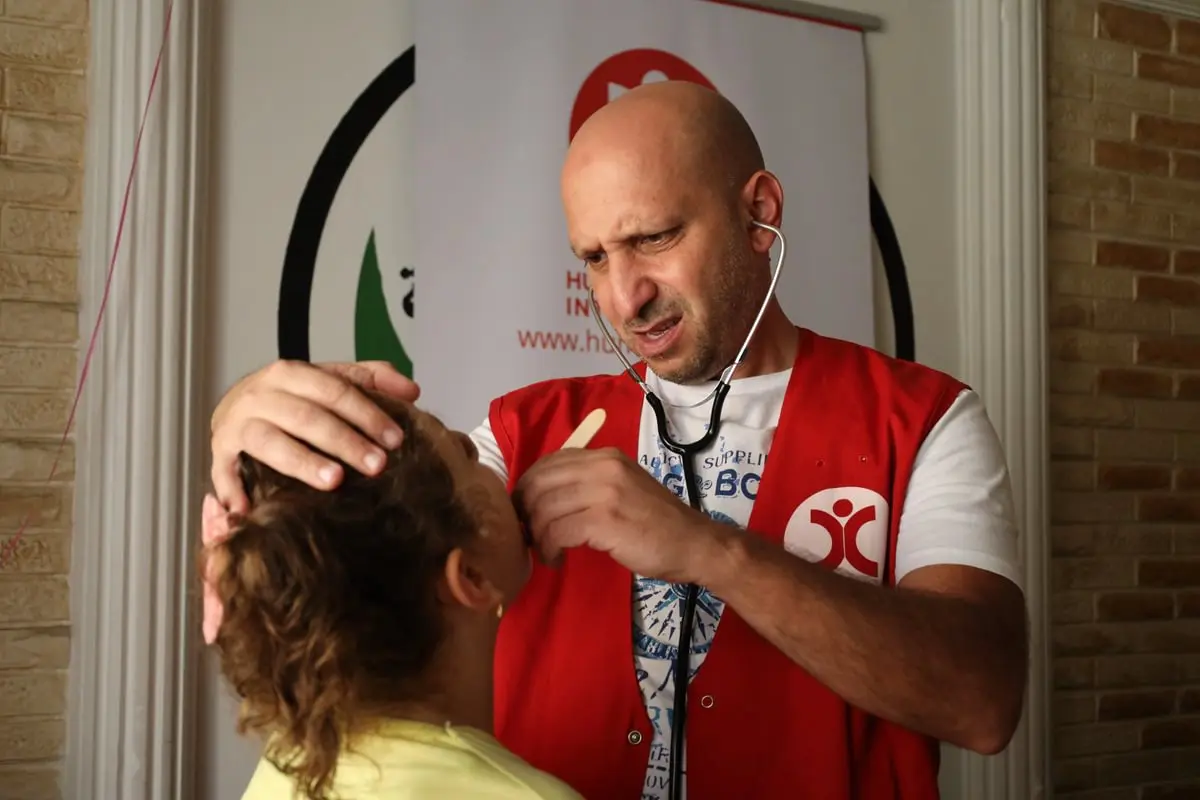
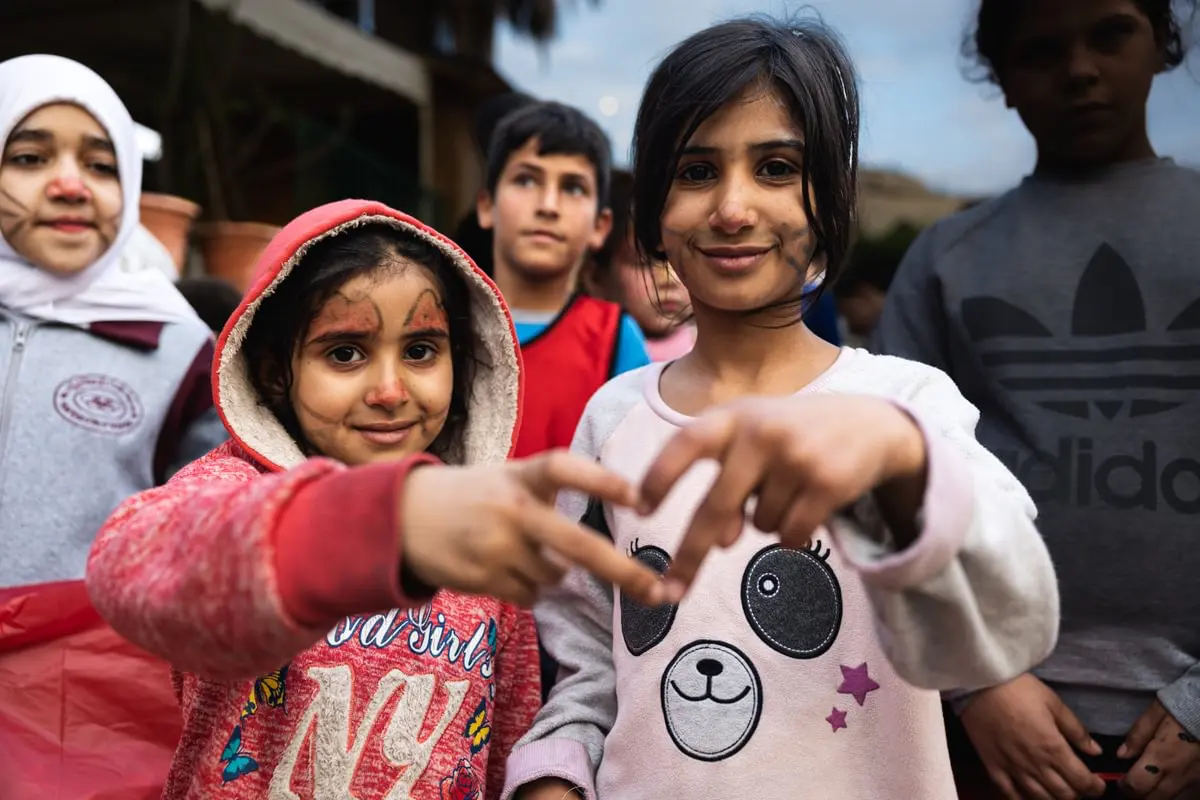
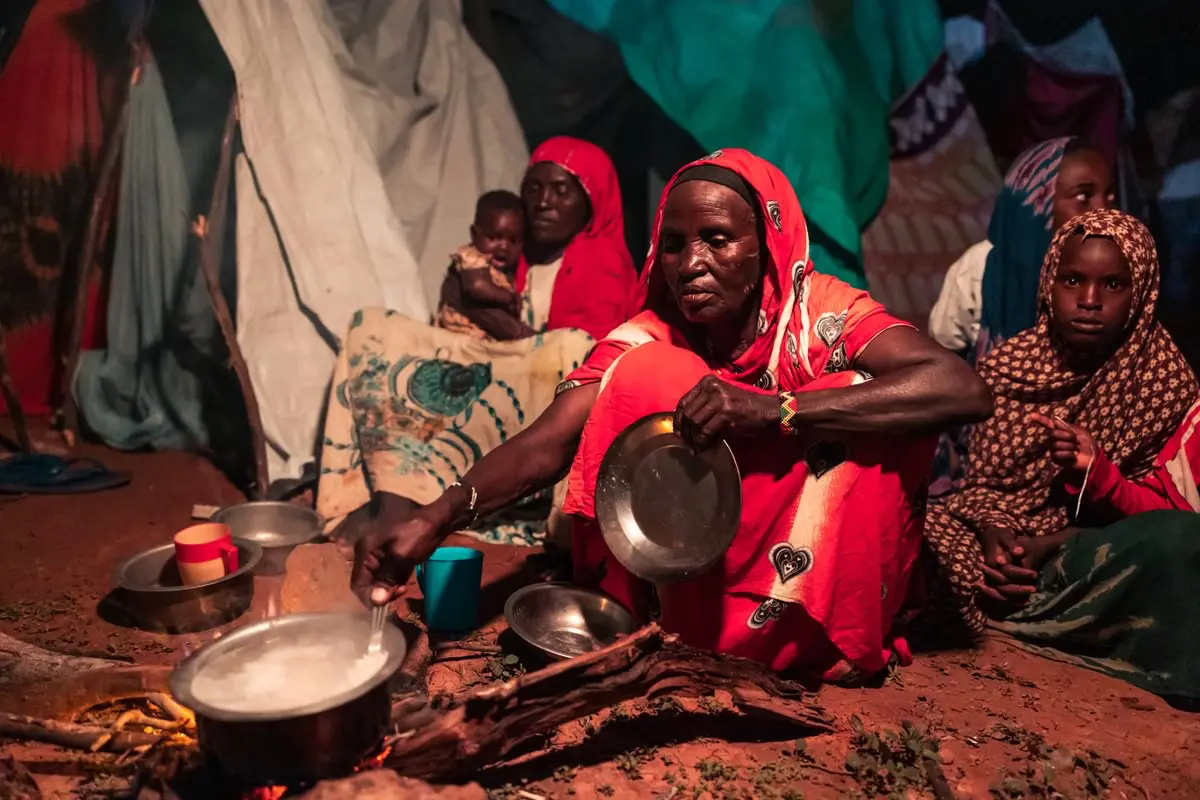
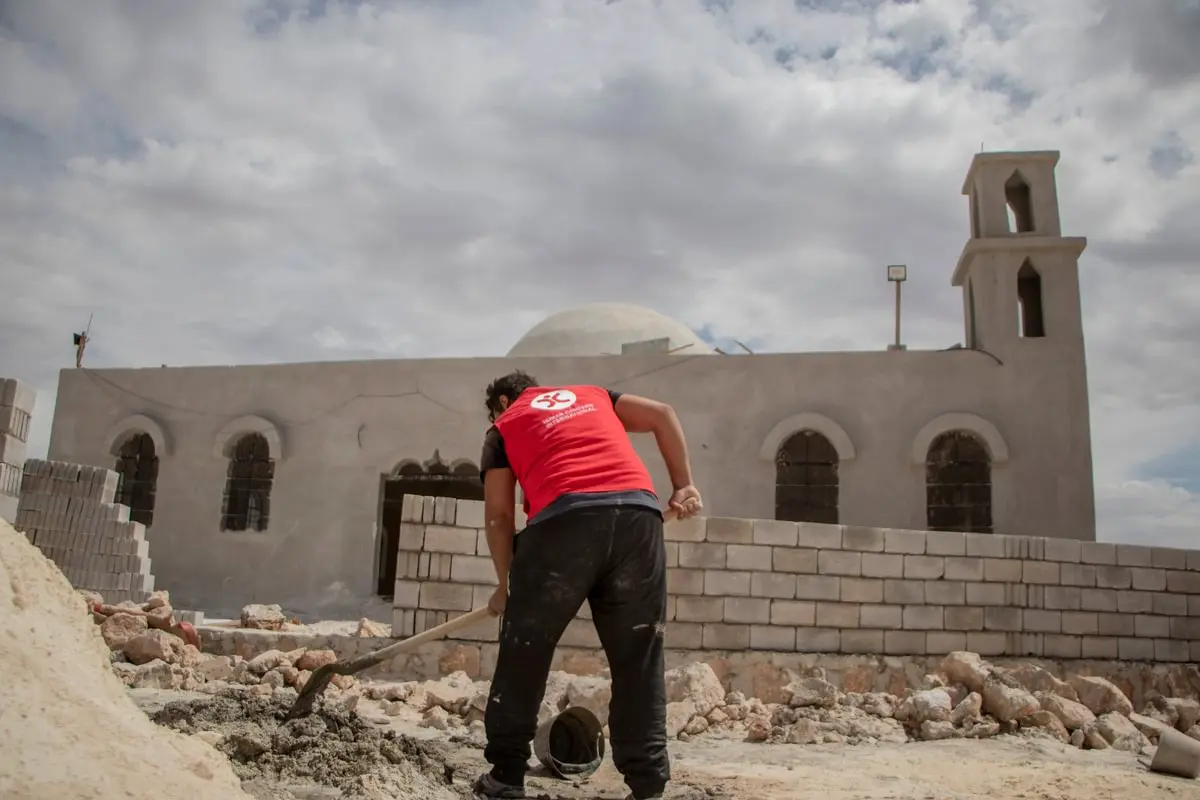
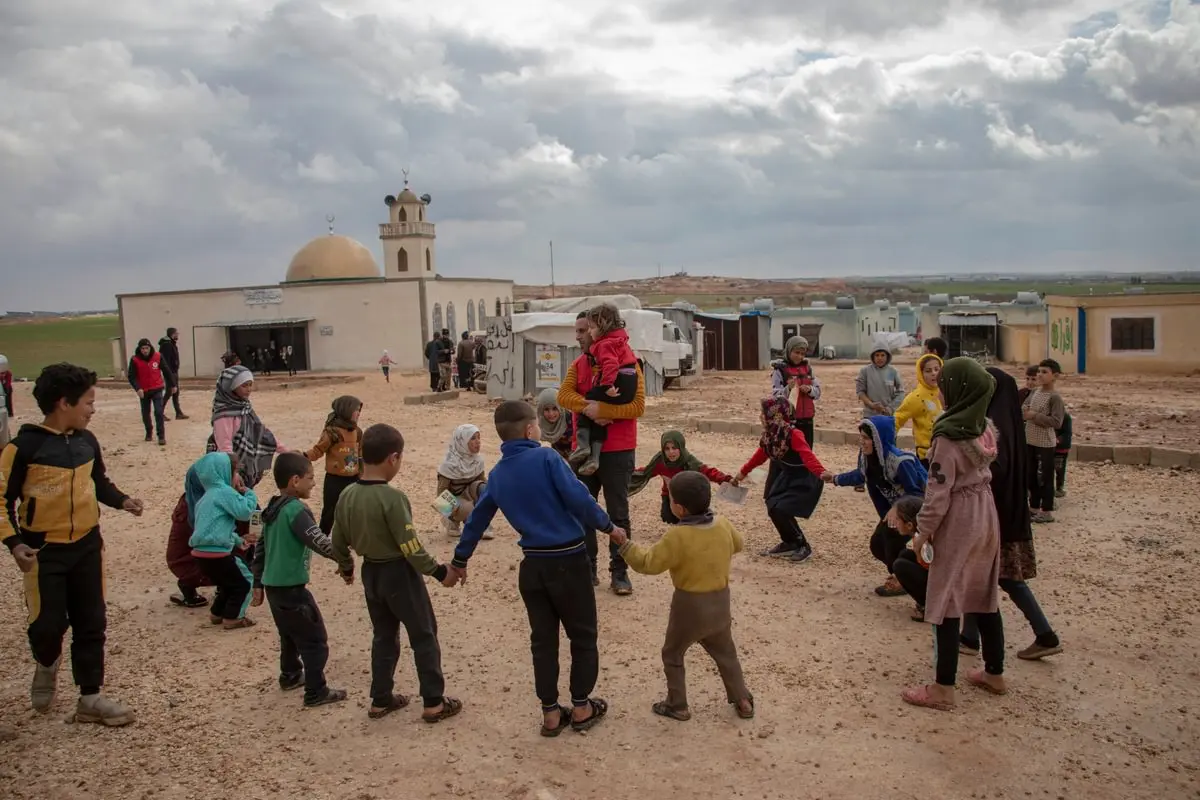
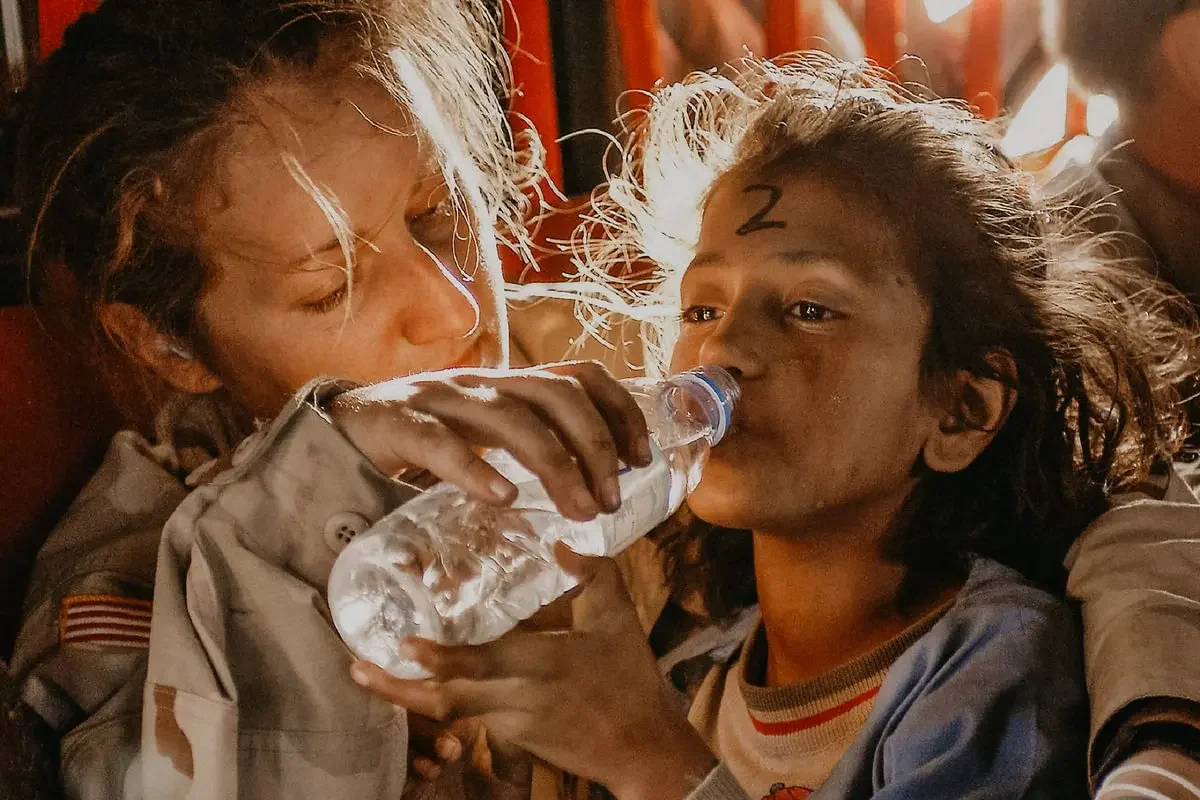
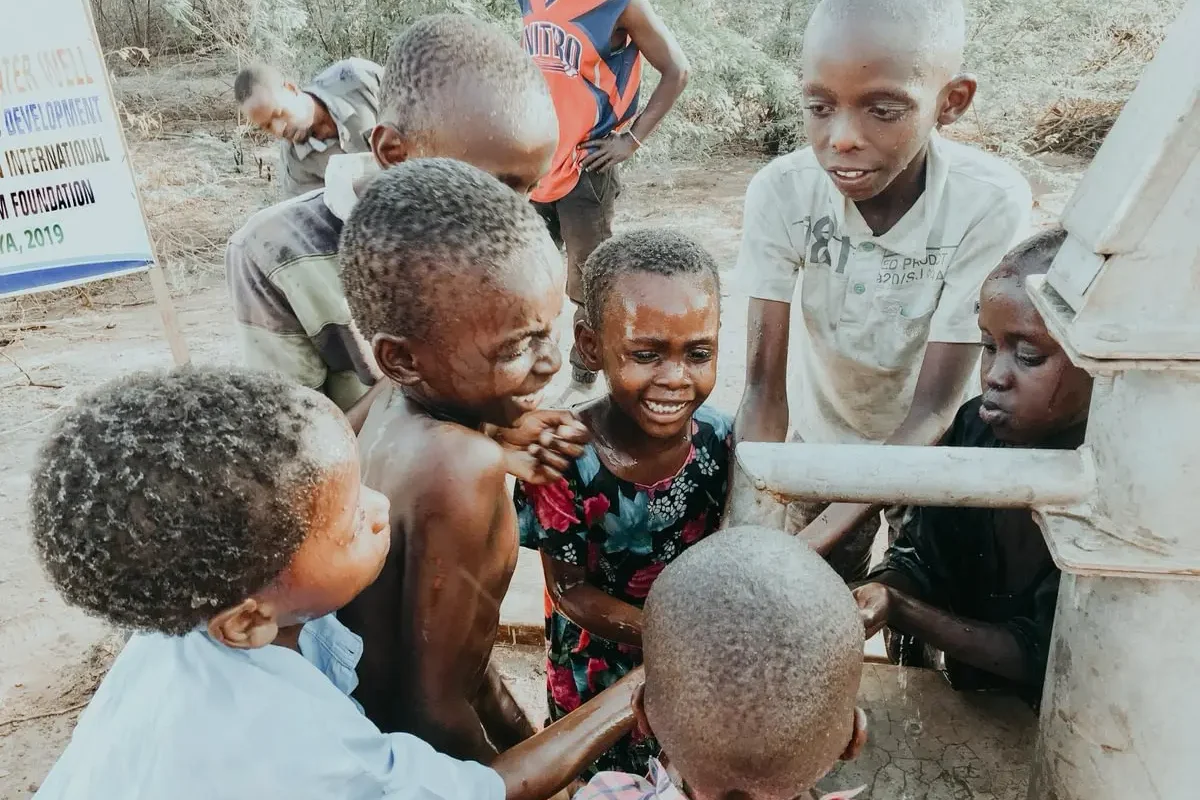
Human Concern International is the oldest Muslim relief organization in Canada, fighting poverty for over 40 years. We are a registered charity with the CRA. Charitable Registration No. 107497125 RR 0001